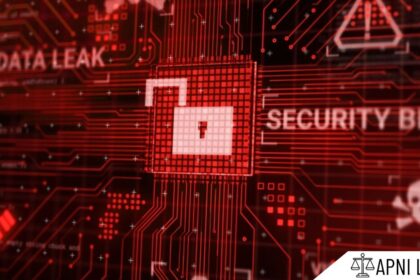On Monday, the Supreme Court ruled that pay parity cannot be claimed as an indefeasible right unless the competent authority has consciously decided to equate two posts despite their different nomenclature or qualifications. A bench comprising Justices Surya Kant and KV Vishwanathan emphasised that prescribing pay scales is a policy decision and the state’s obligation is to ensure that the pay structure for promotional or higher posts is not lower than that of the feeder cadre.
The Court made these observations while disposing of an appeal by the State of Uttar Pradesh. Concerning the pay scales of Headmasters and other educational officials in the State Education Department. The case originated from a 2001 Uttar Pradesh Government Order. It revised pay scales for state government teachers, including Headmasters. This is based on the Fifth Central Pay Commission’s recommendations, effective from July 1, 2001. However, the new pay scales did not apply to Sub-Deputy Inspectors of Schools (SDI/ABSA). Moreover, deputy Basic Shiksha Adhikaris (DBSA), resulting in lower pay for these positions compared to Headmasters.
Arguments
In response, the Uttar Pradesh Vidhyalay Nirikshak Sangh and others filed a writ petition before the Allahabad High Court, seeking the same pay scale for SDI/ABSA and a higher pay scale for DBSAs. The High Court ruled in their favour on May 6, 2002, directing the State to grant the revised pay scales from July 1, 2001. The State’s appeal to the Supreme Court was dismissed in 2010.
In 2011, a new Government Order created 1031 posts of ‘Block Education Officer’ by merging 1360 posts of SDI/ABSA and 157 posts of DBSA, with a pay scale of 7500-12000 effective from January 1, 2006, and actual benefits from December 1, 2008. Respondents challenged this order, seeking a higher pay scale from January 1, 1996. The High Court quashed the 2011 Order in 2018, and the State’s delayed appeal was dismissed in 2023. Consequently, the State appealed to the Supreme Court.
Observation
The Supreme Court reiterated that decisions regarding the creation, merger, de-merger, or amalgamation of cadres. This is for administrative efficiency fall within the state’s prerogative. Judicial interference is warranted only in cases of blatant constitutional violations. The Court found no pay parity between Headmasters and SDI/ABSA. Thus, noting that the higher pay scale for Headmasters led to an anomalous situation.
Acknowledging the protracted litigation and the respondents’ financial and health condition. The Court invoked its extraordinary powers under Article 142 of the Constitution. This is to pass orders in the larger interest of justice. The Court partly allowed the appeal. Setting aside the High Court’s judgments and upholding the 2011 Order.
The private respondents and their colleagues were entitled to the pay scale according to the 2011 Order. Notionally from January 1, 2006, and actually from December 1, 2008. Any excess payments made to the respondents would not be recovered. The Court directed that arrears of pay or pension be paid within four months with 7% annual interest. Pension and retiral benefits be re-fixed accordingly.
The Court clarified that the 2011 Order applied only to officials in the State Education Department. Employees of other departments could not claim its benefits as a matter of right.








